Concerns about Mexico dental work
.png)
Getting dental crowns in Mexico is a popular choice for many seeking affordable dental care. It can be a very safe and high-quality experience if you select a reputable clinic and dentist. Many clinics in popular dental tourism areas in Mexico, like Los Algodones and Cancun, meet international standards and use modern technology and materials comparable to those in the US or Canada.
Is it generally safe to travel to Mexico for dental work?
"Yes, it is generally safe to travel to Mexico for dental work, especially to established dental tourism destinations like Los Algodones, Tijuana, and Cancun, where clinics are accustomed to international patients and prioritize safety and quality."
Many regions in Mexico that cater to dental tourism are safe and welcoming. These areas understand the economic importance of dental tourism, offering secure environments for patients. Your safety also depends on smart travel habits, like staying in well-trafficked areas and being aware of your surroundings. Most patients report positive and safe experiences, highlighting that choosing a reputable clinic is key.
What is the quality of dental crowns in Mexico?
"The quality of dental crowns in Mexico from reputable clinics is often comparable to that found in the US or Canada, utilizing the same high-grade materials and advanced dental technology."
Leading Mexican dental clinics invest in state-of-the-art equipment and employ dentists who often have international training. They use high-quality materials for dental crowns, including:
- Zirconia crowns: Durable, aesthetic, and a popular choice.
- Porcelain (ceramic) crowns: Offer superior aesthetics, ideal for front teeth.
- Porcelain-fused-to-metal (PFM) crowns: Combine metal strength with a porcelain look.
- Metal crowns: Extremely strong, often used for molars.
The choice of material depends on your needs, and a good dentist in Mexico will discuss these options with you.
Are Mexican dentists well-trained and qualified?
"Yes, many Mexican dentists are well-trained and highly qualified, having undergone rigorous education and often pursuing continuous professional development and international certifications."
Dental education in Mexico is comprehensive, meeting international standards. Many dentists serving international patients have specialized training and belong to professional organizations like the Mexican Dental Association (ADM). Many are bilingual, ensuring clear communication. Reputable clinics will showcase their dentists' credentials and experience.
What are the typical costs of dental crowns in Mexico compared to the US or Canada?
"The typical costs of dental crowns in Mexico are significantly lower than in the US or Canada, often ranging from $400 to $900 per crown, representing savings of 50% to 70% or more."
This affordability comes from lower operational costs in Mexico, not a compromise on quality. For example, a zirconia crown might cost $570 - $900 in Mexico, compared to $1,000 - $3,000+ in the US or Canada. These savings often outweigh travel and accommodation expenses.
How can I verify the reputation and quality of a dental clinic in Mexico?
"To verify the reputation and quality of a dental clinic in Mexico, look for positive patient reviews on multiple platforms, check for international accreditations, inquire about dentist credentials and experience, and consider using reputable dental tourism agencies."
Key verification steps include:
- Checking online reviews and testimonials.
- Asking about accreditations and professional memberships.
- Reviewing the dentist's credentials and experience.
- Assessing their website and online presence.
- Observing clinic photos for cleanliness.
- Evaluating their communication responsiveness.
- Considering a dental tourism agency for pre-vetted clinics.
What materials are typically used for dental crowns in Mexico?
"Dental clinics in Mexico commonly use a range of high-quality materials for dental crowns, including zirconia, porcelain (ceramic), porcelain-fused-to-metal (PFM), and various metal alloys."
Materials commonly used include:
- Zirconia: Durable, strong, and natural-looking.
- Porcelain (All-Ceramic): Highly aesthetic, ideal for front teeth.
- Porcelain-Fused-to-Metal (PFM): Combines strength with good aesthetics.
- Metal Alloys: Extremely strong, used for molars.
- Composite Resin: More affordable but less durable.
Your dentist will help you choose the best material for your needs.
What is the typical timeline for getting dental crowns in Mexico?
"The typical timeline for getting dental crowns in Mexico usually involves two visits over a few days, though some clinics offer same-day crowns using CEREC technology."
Traditional crown placement typically requires two appointments:
- First Visit (1-2 days): Tooth preparation, impressions, and temporary crown placement.
- Second Visit (a few days later): Permanent crown placement after lab fabrication.
Some clinics offer same-day crowns using CAD/CAM technology, completing the process in a single, longer appointment. Always confirm the clinic's timeline in advance.
What are the potential risks or complications of getting dental crowns in Mexico?
"The potential risks or complications of getting dental crowns in Mexico are similar to those anywhere else, including infection, sensitivity, or improper fit, but these risks are minimized by choosing a highly reputable and experienced clinic."
Common risks include:
- Infection: Minimized by strict hygiene and proper aftercare.
- Sensitivity: Usually temporary.
- Improper Fit: Avoided by skilled dentists ensuring a precise fit.
- Chipping/Breaking: Can occur with less robust materials or excessive force.
- Allergic Reaction: Rare, but possible with certain materials.
Choosing a clinic with excellent hygiene and a strong track record helps mitigate these risks.
Do Mexican dental clinics follow hygiene and sterilization standards?
"Reputable Mexican dental clinics catering to international patients follow strict hygiene and sterilization standards, often comparable to those in the US or Canada, utilizing modern equipment and protocols."
Leading clinics use:
- Autoclaves: For instrument sterilization.
- Disposable materials: To prevent contamination.
- Disinfection protocols: For all surfaces.
- Filtered water: For dental procedures.
It's acceptable to inquire about a clinic's sterilization procedures to ensure peace of mind.
What is the process for post-treatment care and follow-up?
"The process for post-treatment care and follow-up for dental crowns in Mexico typically involves receiving clear instructions from your dentist before you leave, and some clinics offer warranties on their work for peace of mind."
Before you leave, your dentist should provide:
- Oral Hygiene: Guidance on caring for your new crown.
- Dietary Restrictions: Advice on foods to avoid.
- Pain Management: Recommendations for discomfort.
- Symptoms to Watch For: Signs of potential issues.
Many clinics offer warranties (1-5 years) covering crown issues. While follow-up in Mexico may not always be practical, routine check-ups with a local dentist are recommended.
Can I use my dental insurance for crowns in Mexico?
"Generally, most US and Canadian dental insurance plans do not directly cover procedures performed outside of your home country, but some plans may offer reimbursement for out-of-network or emergency care."
Most plans do not cover dental work directly in Mexico. Some PPO plans might offer out-of-network reimbursement, but the amount may be limited. Flexible Spending Accounts (FSAs) or Health Savings Accounts (HSAs) can often be used for dental work in Mexico. Always contact your insurance provider before traveling to confirm coverage. Many patients find the cost savings in Mexico significant even without insurance.
How to prepare for a dental trip to Mexico for crowns?
"To prepare for a dental trip to Mexico for crowns, research and select a reputable clinic, arrange travel and accommodation, understand the local customs and currency, and ensure all necessary documents are in order."
Key preparation steps include:
- Clinic Selection: Thoroughly research your chosen clinic.
- Consultation: Utilize virtual consultations offered by clinics.
- Travel Documents: Ensure your passport is valid.
- Transportation and Accommodation: Book flights and lodging in advance.
- Currency and Payment: Confirm accepted payment methods.
- Health and Medications: Discuss your medical history with the dentist.
- Contingency Planning: Consider travel insurance.
Proper preparation helps ensure a smooth and confident dental experience.
What is the typical success rate for dental crowns?
"The typical success rate for dental crowns is very high, often exceeding 90% and lasting for 5 to 15 years or even longer with proper care and good oral hygiene."
Success depends on:
- Material: Zirconia and metal are highly durable.
- Oral Hygiene: Crucial for preventing decay.
- Biting Habits: Bruxism can affect longevity.
- Dentist's Skill: Proper fit and placement are essential.
Regular dental check-ups are vital for long-term success.
Are there alternatives to dental crowns for damaged teeth?
"Yes, there are several alternatives to dental crowns for damaged teeth, depending on the extent and nature of the damage, including fillings, onlays/inlays, veneers, and dental bonding."
Alternatives include:
- Fillings: For minor to moderate damage.
- Onlays and Inlays: For damage too extensive for a filling but not needing a full crown.
- Veneers: Primarily for cosmetic improvements.
- Dental Bonding: A less invasive, affordable option for chips or cracks.
- Root Canal Treatment: Followed by a crown for severely damaged pulp.
Your dentist will recommend the best option for your specific case.
What are the different types of materials for crowns and their benefits?
"The different types of materials for dental crowns include zirconia, porcelain (all-ceramic), porcelain-fused-to-metal (PFM), and metal alloys, each offering unique benefits in terms of strength, aesthetics, and cost."
Benefits of each material:
- Zirconia Crowns: Exceptionally strong, aesthetic, and biocompatible.
- Porcelain (All-Ceramic) Crowns: Superior aesthetics, metal-free.
- Porcelain-Fused-to-Metal (PFM) Crowns: Balanced strength and appearance, often more affordable.
- Metal Crowns: Unmatched strength and longevity, ideal for molars.
- Composite Resin Crowns: Affordable and tooth-colored, but less durable.
Your dentist will guide you in selecting the best material for your needs.
Why is dental work in Mexico more affordable?
"Dental work in Mexico is more affordable primarily due to lower overhead costs for clinics, including reduced labor wages, real estate prices, and administrative expenses, rather than a compromise in quality."
Factors contributing to affordability:
- Lower Cost of Living: Reduces operational expenses.
- Reduced Labor Costs: Dentists and staff earn less than in other developed nations.
- Lower Real Estate and Utility Costs: Clinic overhead is lower.
- Reduced Malpractice Insurance: Lower premiums for dentists.
- Less Student Loan Debt: Less financial pressure for dentists.
These factors allow Mexican clinics to offer high-quality services at a fraction of the price.
What is a dental crown used for?
"A dental crown is a tooth-shaped 'cap' that is permanently placed over a damaged or weakened tooth, used to restore its shape, size, strength, and improve its appearance."
Dental crowns are used for various purposes:
- Restoring a Damaged Tooth: Protecting weak or cracked teeth.
- Covering Large Fillings: Providing support when tooth structure is limited.
- After Root Canal Treatment: Protecting brittle teeth.
- Cosmetic Improvement: Enhancing the appearance of discolored or misshapen teeth.
- Supporting Dental Bridges: Anchoring prosthetic teeth.
- Covering Dental Implants: Forming the visible part of a tooth replacement.
A dental crown essentially acts as a protective, custom-fitted cover for your tooth, restoring its function and appearance.
Ready to explore world-class dental and healthcare solutions tailored to your needs? Visit PlacidWay to discover a wide range of global medical tourism options and connect with trusted providers.


.png)


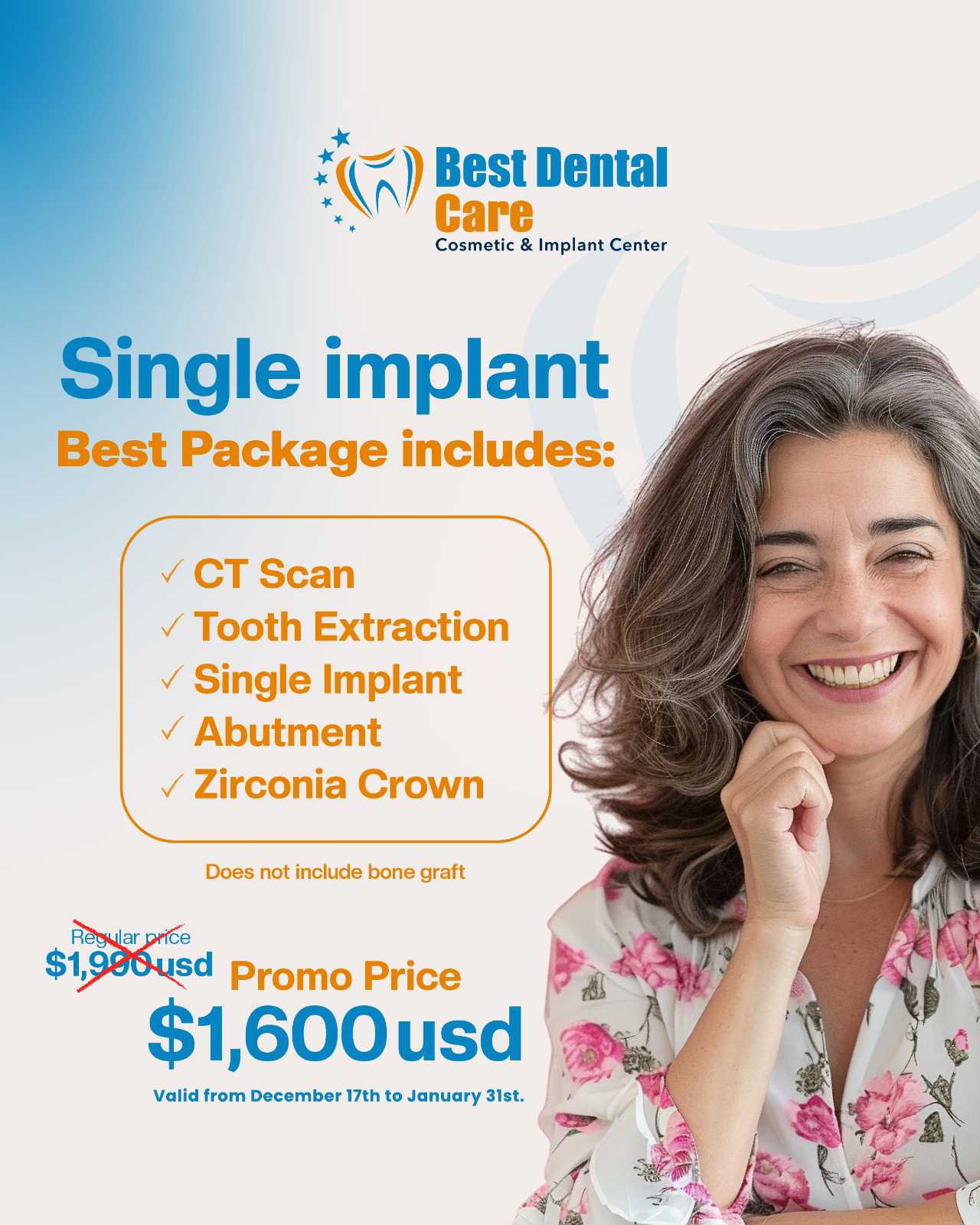


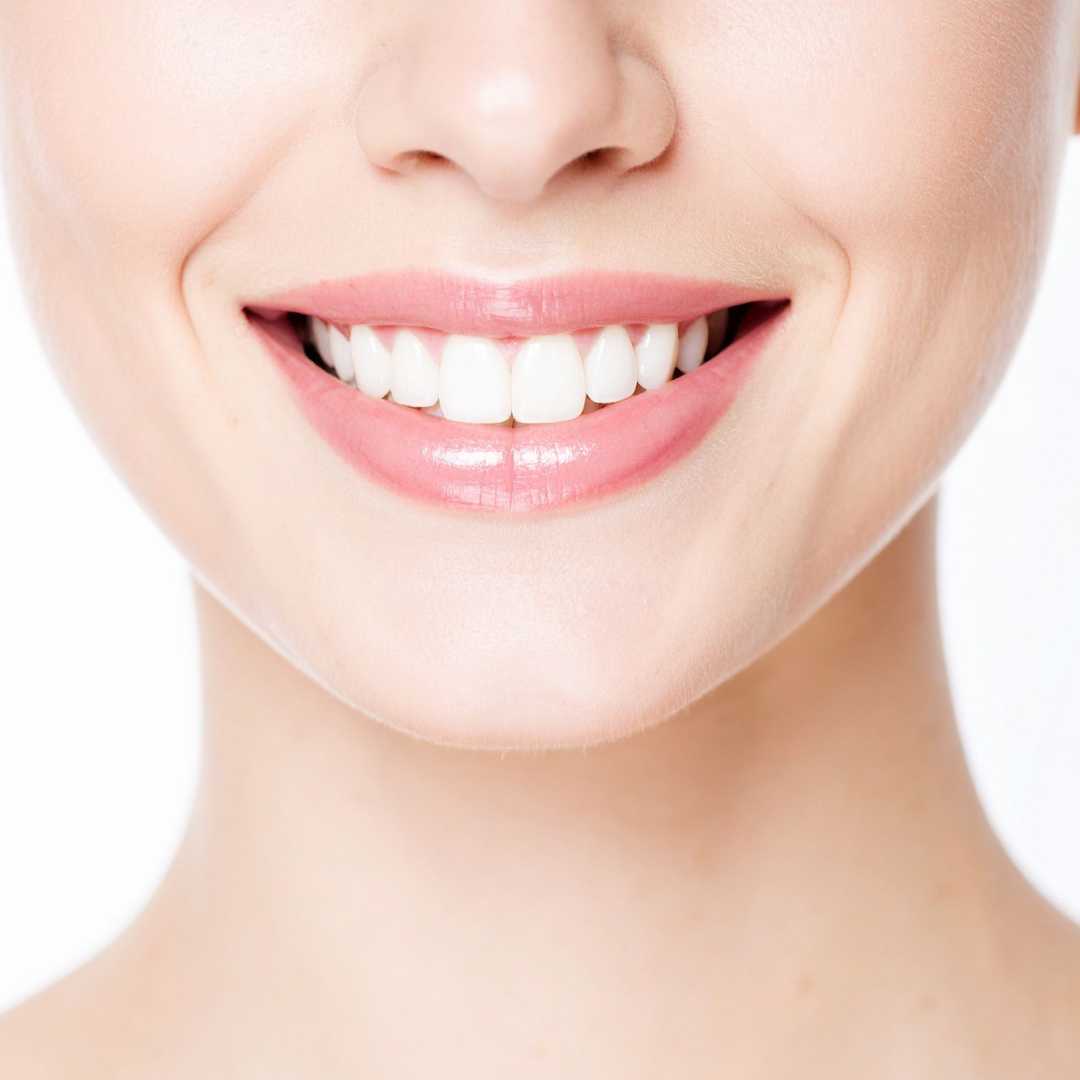


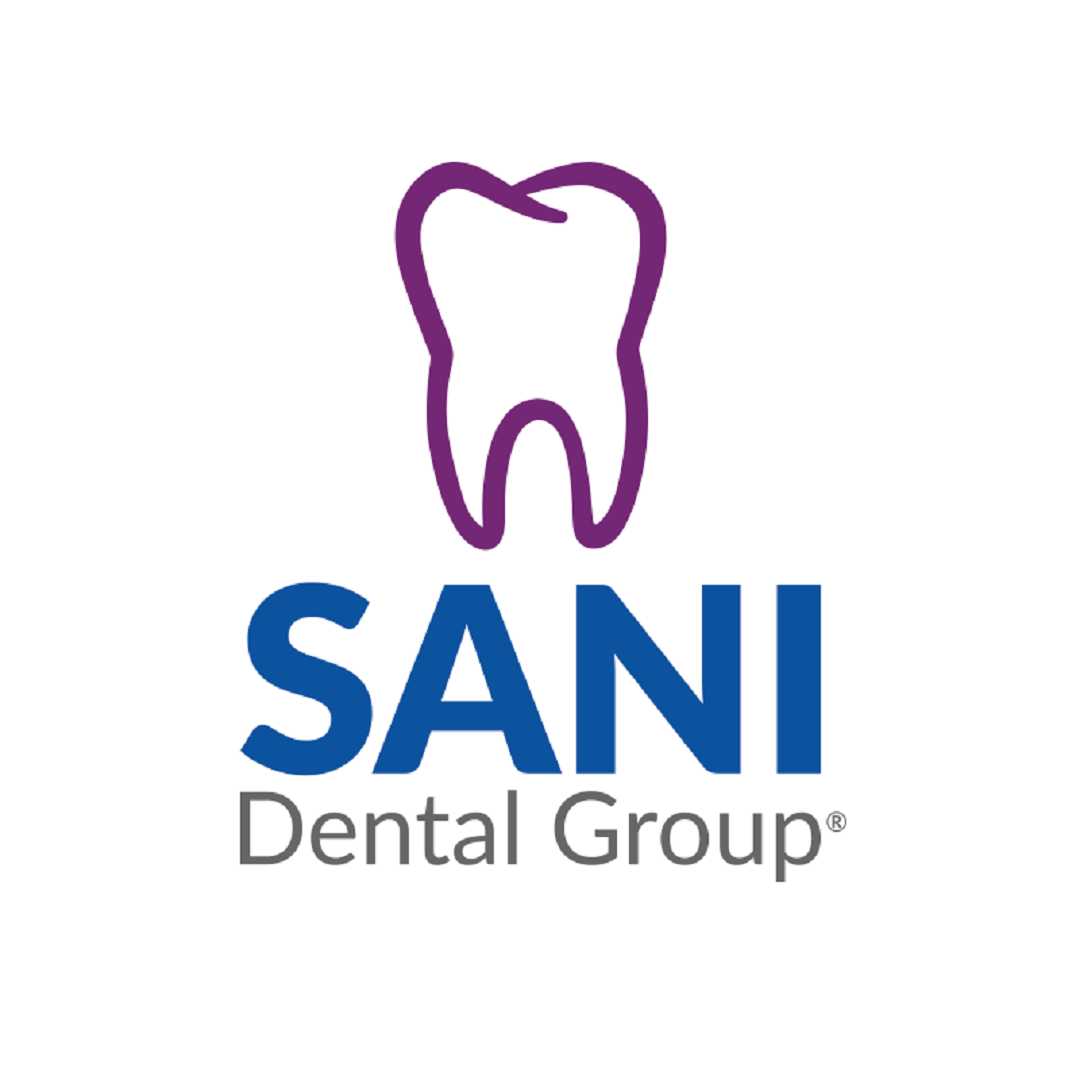
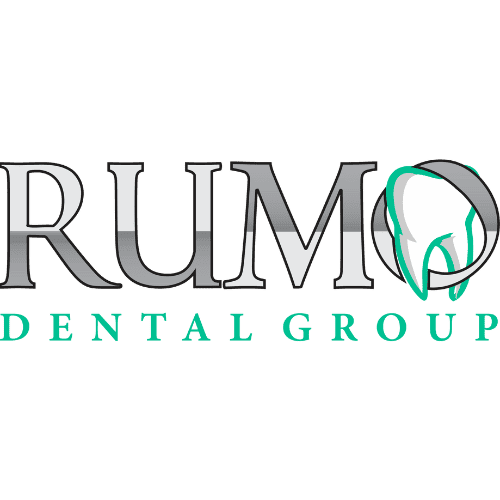
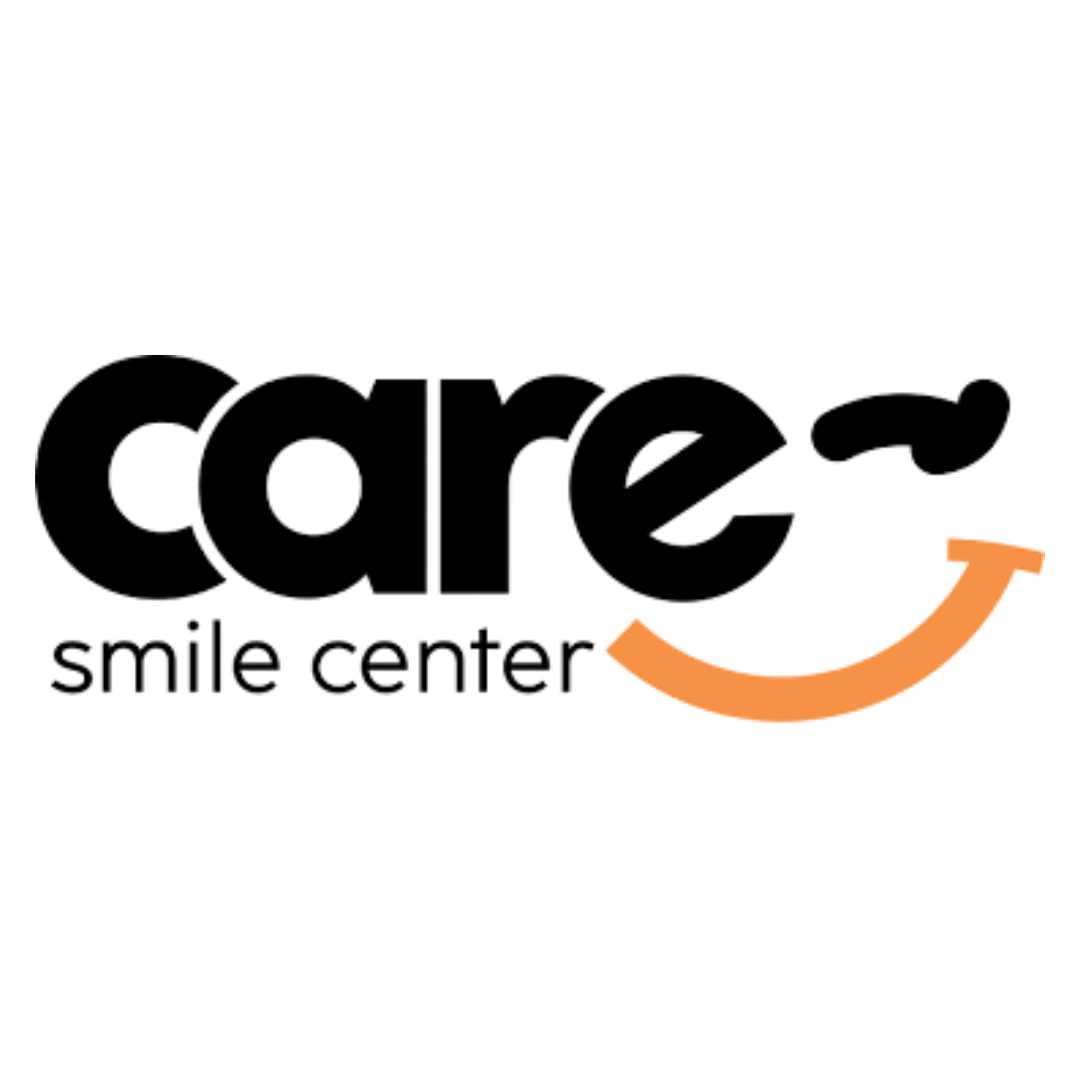
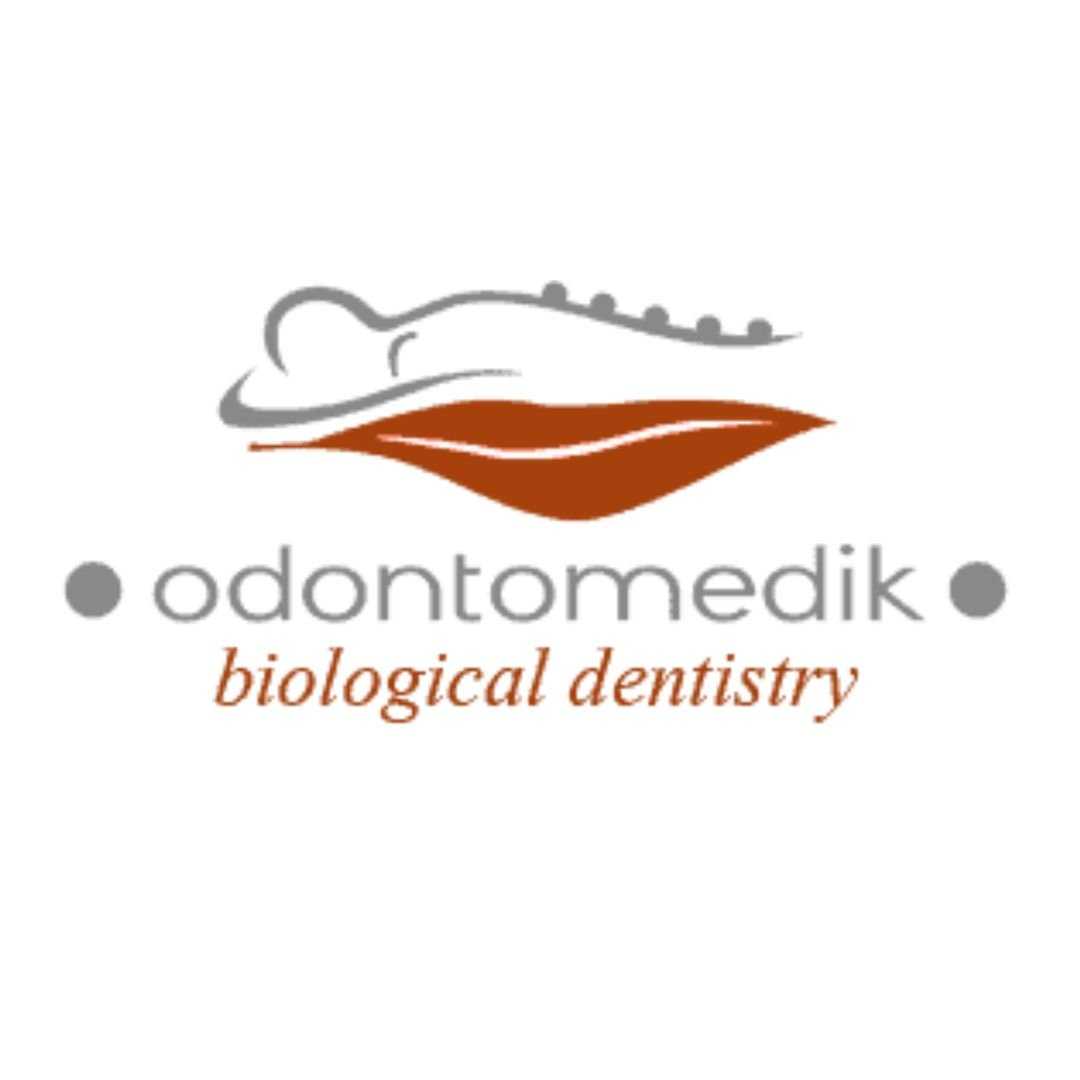
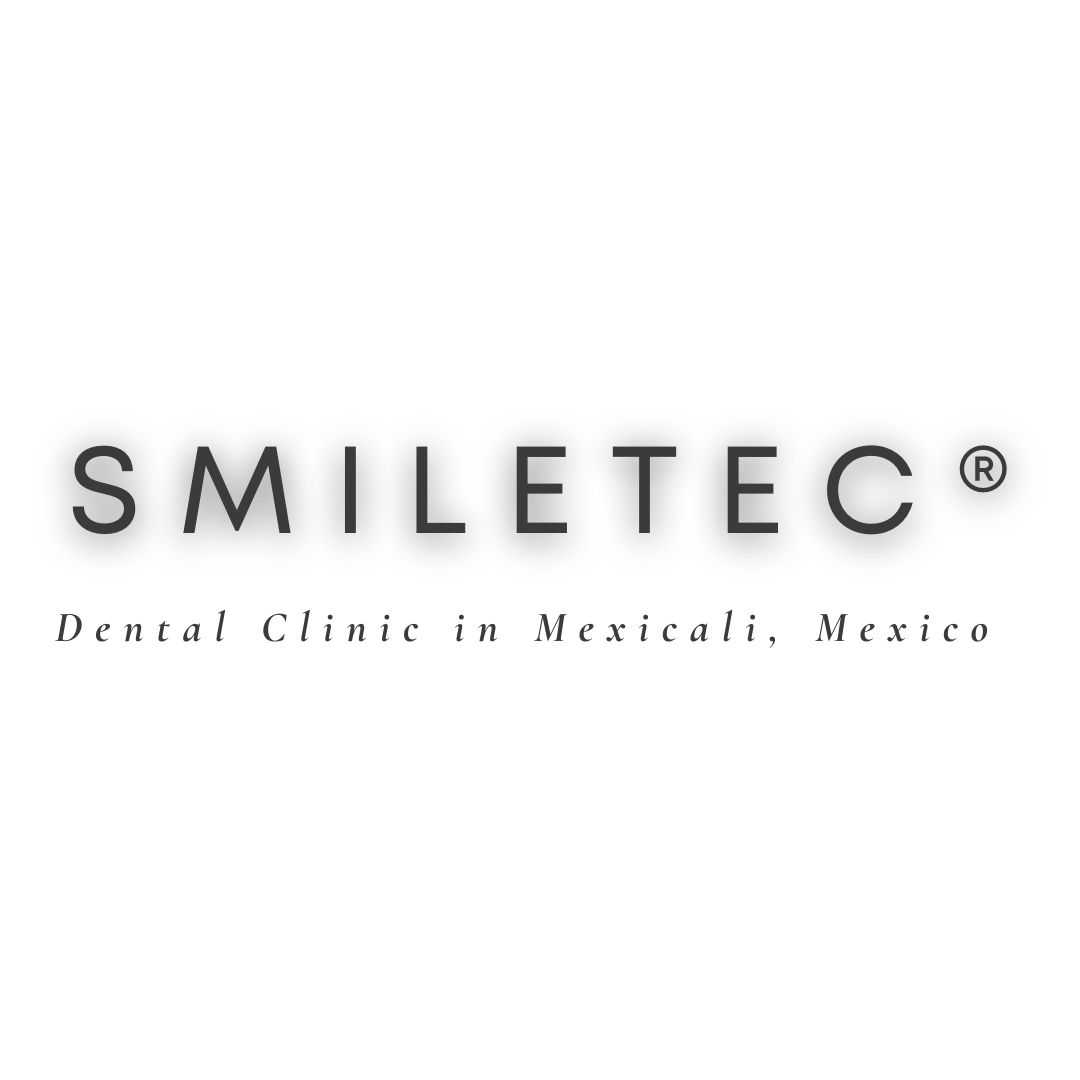

Share this listing